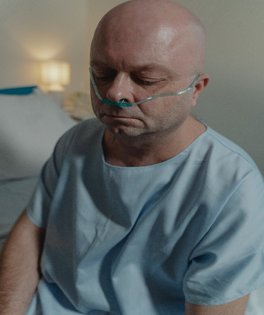
Essex family fights for answers after father’s asbestos related death
John Wellby, an 82-year-old retired carpenter from Essex, died from mesothelioma, a cancer linked to asbestos exposure. Diagnosed shortly before his death, his family was unaware of his exposure during his career. They have now enlisted lawyers to investigate and are seeking information from his former colleagues, particularly from his work between 1956 and 1975. The case highlights the persistent risks of asbestos-related diseases and the importance of workplace safety measures.









